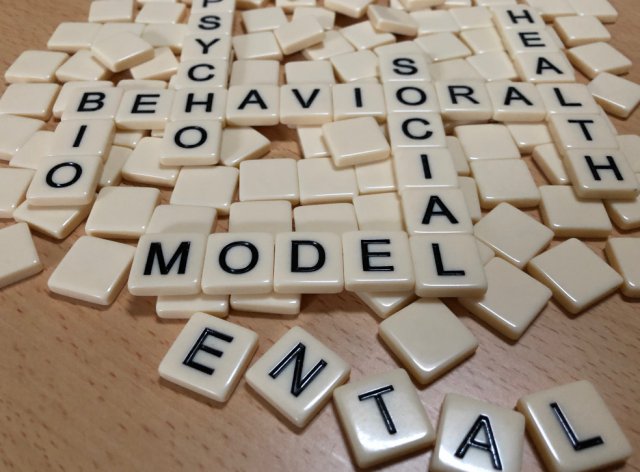- Aetna
- Blue Cross/Blue Shield of IL
- Dupage Medical Group HMO
- Elmhurst/Edward HMO
- IL Health Partners HMO
- Medicare
- Optum
- United Behavioral Health
- United Healthcare
What is a Neuropsychological Assessment?
You may be wondering what a neuropsychological assessment involves. There are three principal phases which include clinical interview, evaluation, and feedback.
During the clinical interview phase, the doctor that is assigned to your case takes great care to understand your concerns by asking questions about current worries, medical and psychiatric history, social history, etc.
During the evaluation phase, patients are administered standardized tests that measure various thinking skills including: attention/concentration, memory, problem-solving, intellectual skills, speech/language, sensory/perceptual skills, and personality/emotional functioning. Results are then compared to a normative sample and a full report is written that documents the results that were gathered.
The feedback phase involves reporting the results to you in a way that can be easily understood. Together, we discuss the findings and how we arrived to our conclusions. Recommendations for improving functioning are offered and a treatment regimen may be developed.
If appropriate, a treatment phase may ensue. Treatment may range from individual psychotherapy, family consultation, non-drug applied psychophysiological approaches (relaxation training skills, biofeedback, etc.), or referrals for other treatment.
Click here to learn more about our Psychotherapy services.
Click here to learn more about our relaxation training skills and Biofeedback Therapy services.
Click here to access your scheduled video/web-conferencing session.
